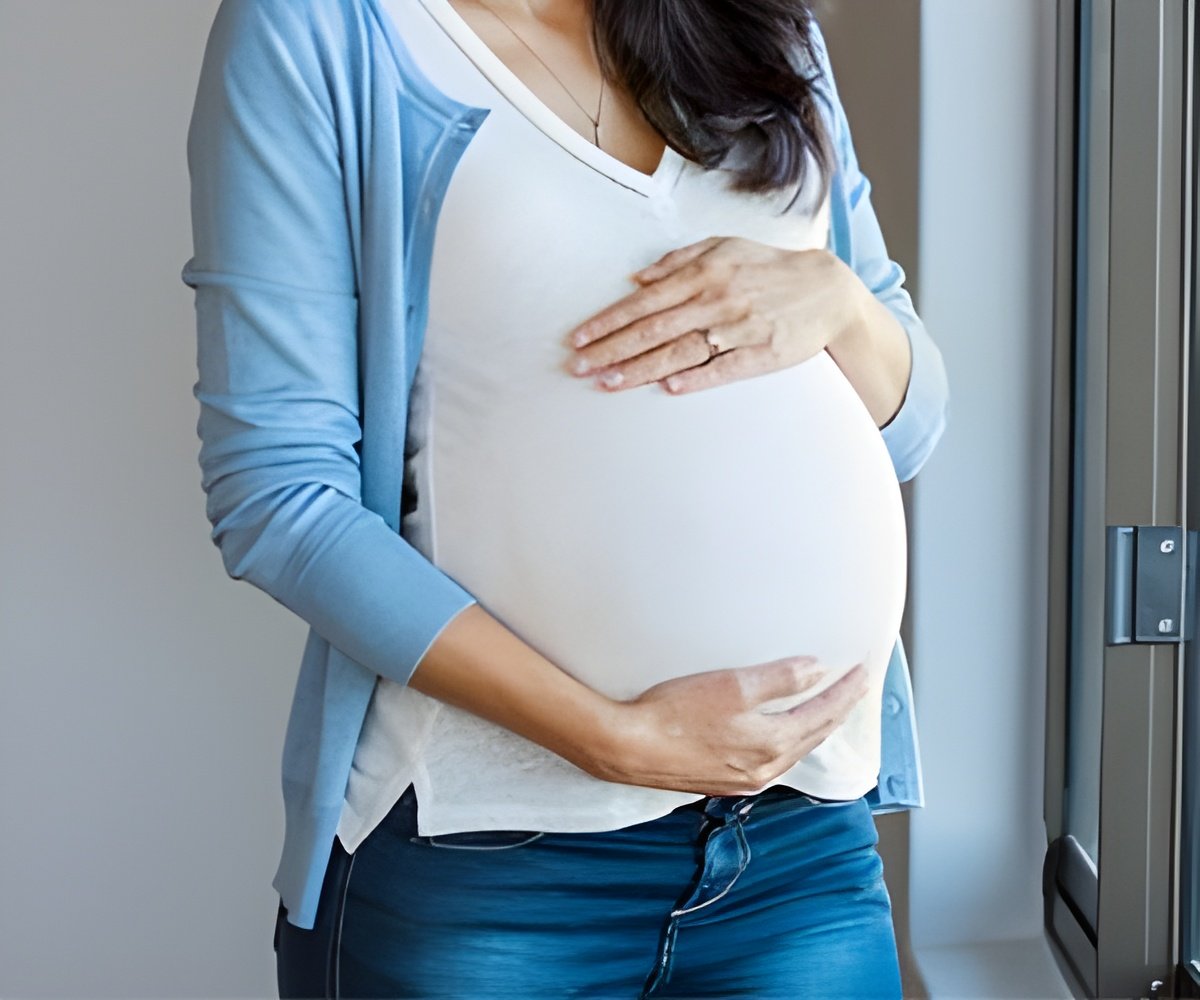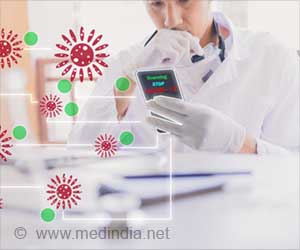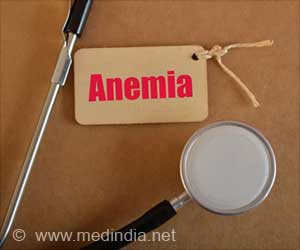Researchers from the Department of Women & Children's Health, King's College London, supported by Guy's and St Thomas' Charity, the National Institute for Health Research and Tommy's have created an app, QUiPP v2 for knowing the risk of preterm birth.

‘New app enables appropriate treatment delivery for women who are at high risk of preterm birth. It reduces the possibility of negative effects and unnecessary costs for the NHS.’
Read More..




Some women are known to be more likely to have their babies early, and some have symptoms of labour too early in pregnancy. If identified, these women can be given extra monitoring and/or special treatments that aim to prevent early delivery and ensure the infants have the best chance of surviving without long-term problems. Read More..
QUiPP v2 calculates the risk based on a woman's individual risk factors, such as previous preterm birth, late miscarriage or symptoms, along with clinical test results that help to predict preterm birth (i.e. fetal fibronectin tests and cervical length measurements). The app then produces a simple individual % risk score.
In two papers, published in Ultrasound in Obstetrics and Gynecology, the authors show how they developed and tested the complicated algorithms (mathematical calculations) incorporated in the app which calculate the simple % risk.
"We are delighted to be able to share the findings of our work which shows that the QUiPP app is very reliable in predicting preterm birth in women at risk. This should mean that women who need treatments are offered them appropriately, and also that doctors and women can be reassured when these treatments are not needed, which reduces the possibility of negative effects and unnecessary costs for the NHS," said lead author Dr Jenny Carter, Senior Research Midwife, Department of Women & Children's Health at King's College London.
The authors have recently completed the EQUIPTT trial, where they evaluated whether QUiPP improves appropriate targeting of care. Results of this trial are expected later on this year.
Advertisement
"We want the NHS to be the safest place in the world to give birth and the harnessing of promising digital innovations such as this is another stepping stone on this shared journey."
Advertisement
Source-Eurekalert







